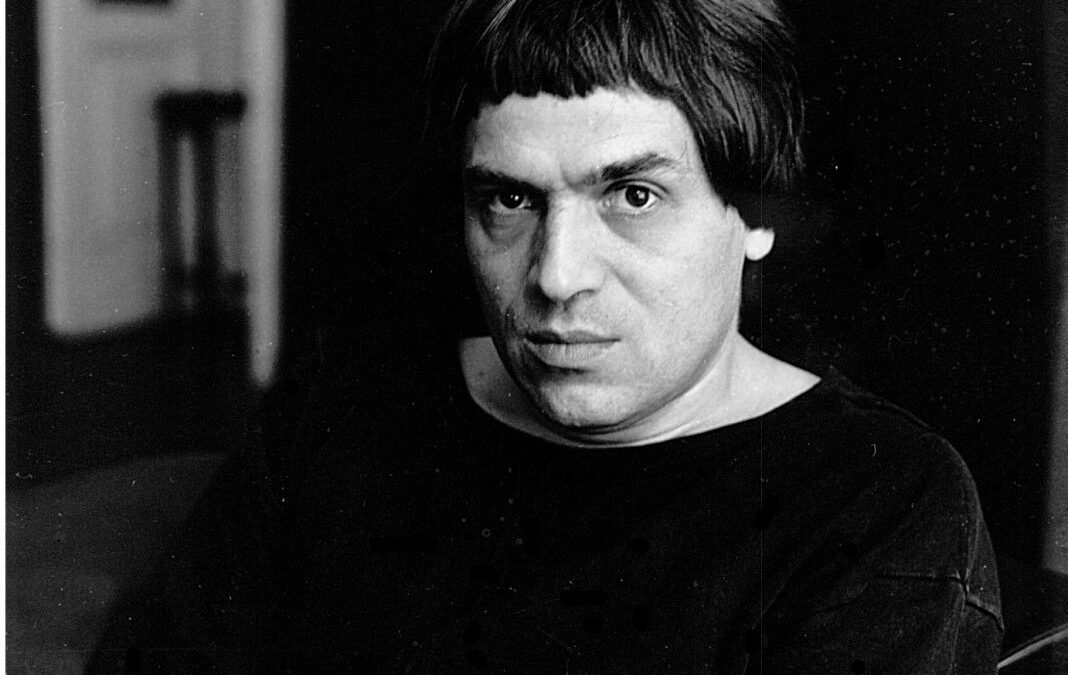The Hungarian composer and musicologist László Hortobágyi undertook his first expedition to northern India to make musical recordings, study philosophical and musicological sources, and pursue practical studies.
As a child, László dreamed of interacting with otherworldly muses, hoping to escape the intellectual sterility of his environment. His early feelings of alienation, combined with the almost sensual pleasure he remembered from these imagined interactions, influenced and helped shape his lifelong musical artistic journey.
In 1980, he founded the musical society “Gayan Uttejak society”. It owes its name to the society of Hindu-Muslim musicians founded by Navraojí Kabrají in 1870. The society developed throughout the 1980s, boasting archives of oriental music considered unique in Eastern Europe, and which operate in parallel with the “Gáyan Uttejak Orchestra”. All members have practiced and studied the world heritage of traditional cultures.
His musical works are ethno-cultural explorations mixing ancient music and modern technologies. Long before the fashions of fusion and world music, he invented traditional music from imaginary countries, from ancient India to the modern West.
One album among others:

